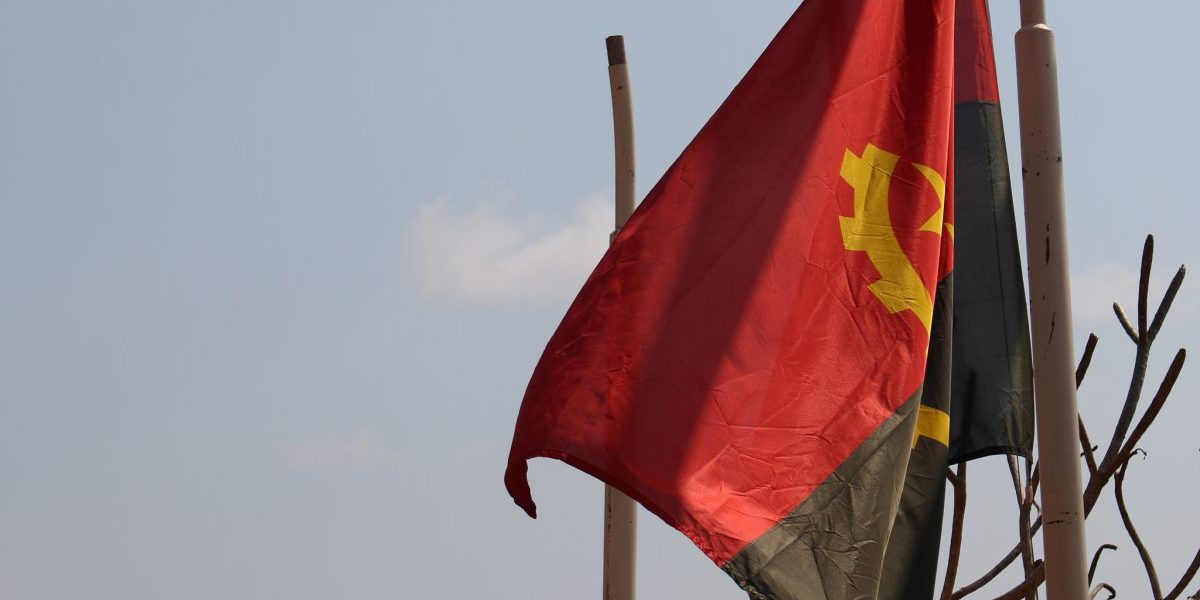To survive various domestic security challenges, the country deployed considerable resources in two areas. Internally, Angola invested disproportionately in a strong security sector to deal with the immediate threats posed by opposing parties. Internationally, it focused diplomatic efforts on nurturing relations with key strategic allies, notably the former Union of Soviet Socialist Republics (USSR) and Cuba, to help shape external environments to its advantage. This strategy has succeeded in ensuring regime survival. With the end of the civil war and as the regime sought to consolidate its gains, an important foreign policy recalibration took place that resulted in the development of a strategic partnership with China. Recently, internal expectations and demands for fast economic growth within a democratic political system have meant that relations with mature democracies like the US are likely to take precedence. The paper assesses the trajectory of Angola’s foreign policy as a reflection of its desire to manage three key historical challenges. These are survival, between independence in 1975 and the end of the civil war in 2002; reconstruction and growth, from the end of the civil war to the present; and the approaching task of democratic development. The paper suggests that for each stage, Angola has embraced a major international partner – the former USSR for survival; China for reconstruction and growth; and the US for democratic development.








